72 projects supported by the Open Rivers programme throughout Europe and a new call for projects underway
At the beginning of November 2023, the Open Rivers Programme* launched a new call for projects to provide financial support for the removal of weirs and dams. Applications can be sent in until 8 December.
After two years of the implementation of the Open Rivers Programme, 72 projects are supported throughout Europe, either underway or completed, contributing to the achievement of the objective of 25,000 km of freeflowing rivers by 2030 in Europe, voted on 09/11/2023 by the European Parliament as part of the Restoration Naturation Law. It is a significant support for restoring rivers in Europe, including in France where legislation to restore ecological continuity is frequently attacked to slow the momentum and hamper the efforts made by a community of stakeholders to restore our rivers effectively and sustainably in favour of energy issues of little interest.
France is one of the pioneers of the dam and weir removal movement in Europe, which began in 1998, and the results are encouraging, not only in terms of reconnecting river habitats but also in terms of increasing functionality and reducing the risk of flooding. Other European countries, such as Finland, Spain and Sweden, also see dam removal as a viable solution for restoring rivers. Elsewhere, however, tools are still lacking, particularly in Eastern Europe, to facilitate the implementation of such measures. This is why ERN, together with regional and international partners (World Fish Migration Foundation (WFMF), Fauna & Flora, MedINA Greece, Wetlands International (WI), WWF Netherlands, Slovakia, and Adria) are running a project with the Open Rivers Programme to facilitate and accelerate the removal of barriers in 4 target countries: Croatia, Greece, Romania and Slovakia. These countries have all the conditions needed to develop, inspire and raise awareness of the benefits of this tool for restoring nature: high ecological potential, emerging opportunities and projects, strong community involvement (more info).
In this context, WWF, WFMF and ERN are organising Q&A sessions to answer technical questions from potential projects on 15 and 20 November. Interested parties can contact corinne.ronot@rivernet.org The next Open Rivers application session is scheduled for the end of February for all grant categories.
Latest news on French projects run by ERN and its local partners
Since 2021 and the launch of the programme, ERN has applied with several local partners for preliminary studies and works, and 6 projects have been selected.
In 2022-2023 ERN worked with the SYMBA on the Open Rivers Programme application to restore the Tardoire, an european eel river. After six months of works to removed four obsoletes weirs, the river was flowing again on more than 20 kms. After just a few months, the riverbed was unrecognisable, and habitats were quickly recreated (more info). To make this story happened Open Rivers Programme funded 100% of the works, because even the local stakeholders were all in favour of the project, the States at this moment was not in a position to finance such project. A 12 minutes movie in French and English subtitle relate the project and the stakeholders involvement.
Latest, ERN and its local partners obtained two new preliminary study projects for the removal of small obsolete weirs. One is located in the Eyrieux river basin (Ardèche catchement) and is run by the SMEC and the other is in the Branugues river basin (Cère and Dordogne catchement) and is run by the SMDMCA. These two projects are located in preserved area with high biodiversity potential and will allowed to reconnect habitats for fish (trout) and white-clawed crayfish, increase their range, and improve the resilience and morphology of the river. A great opportunity to restore the functionality of the river through a simple acte : remove obsolete barrieres on rivers.
More info
* Open Rivers Programme is a foundation funded by Arcadia which aims to restore endangered European rivers by supporting interventions that lead to the removal of small dams and the restoration of river flow and biodiversity.
Download press release
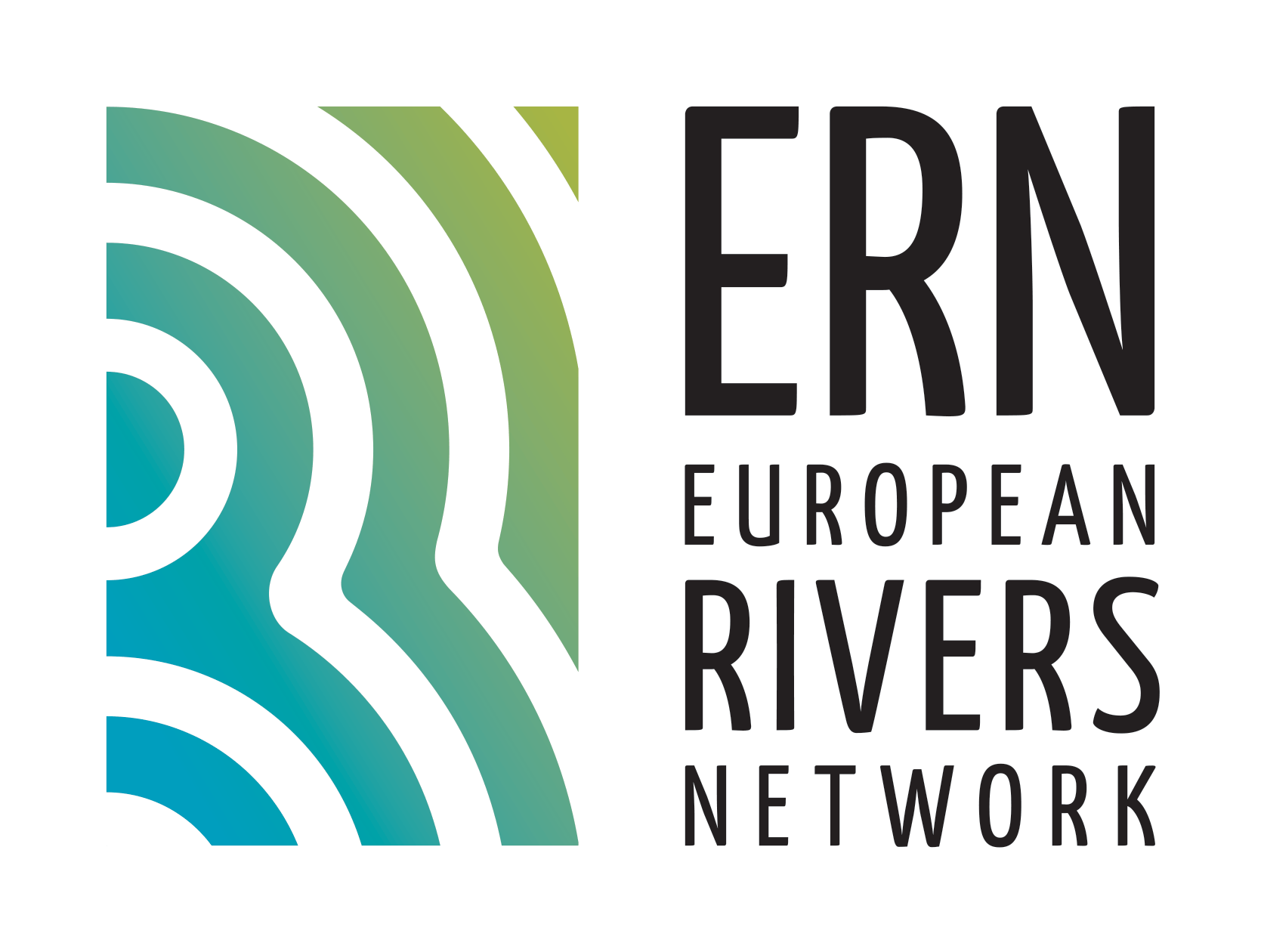
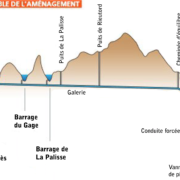
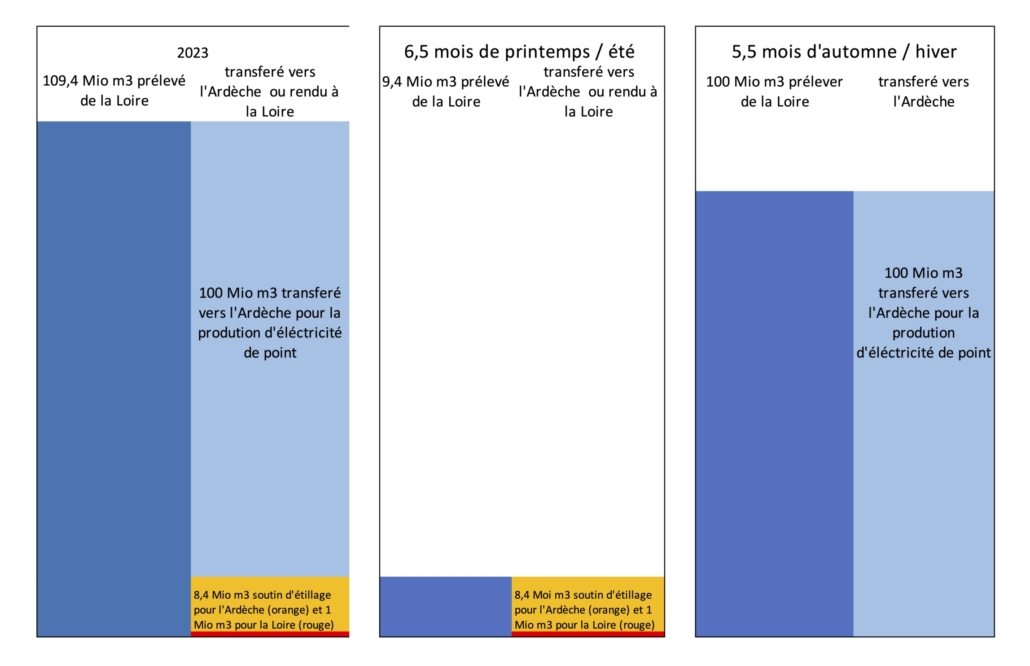

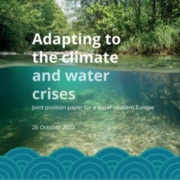
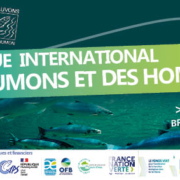
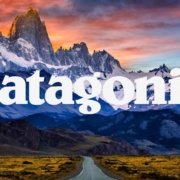
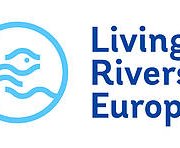
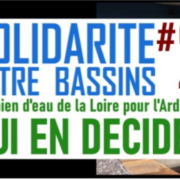
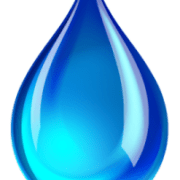
 ERN France
ERN France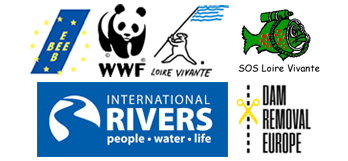 ERN is the official WWF Freshwater Partner in France and cooperates with WWF Switzerland, Austria, Netherlands and others
ERN is the official WWF Freshwater Partner in France and cooperates with WWF Switzerland, Austria, Netherlands and others